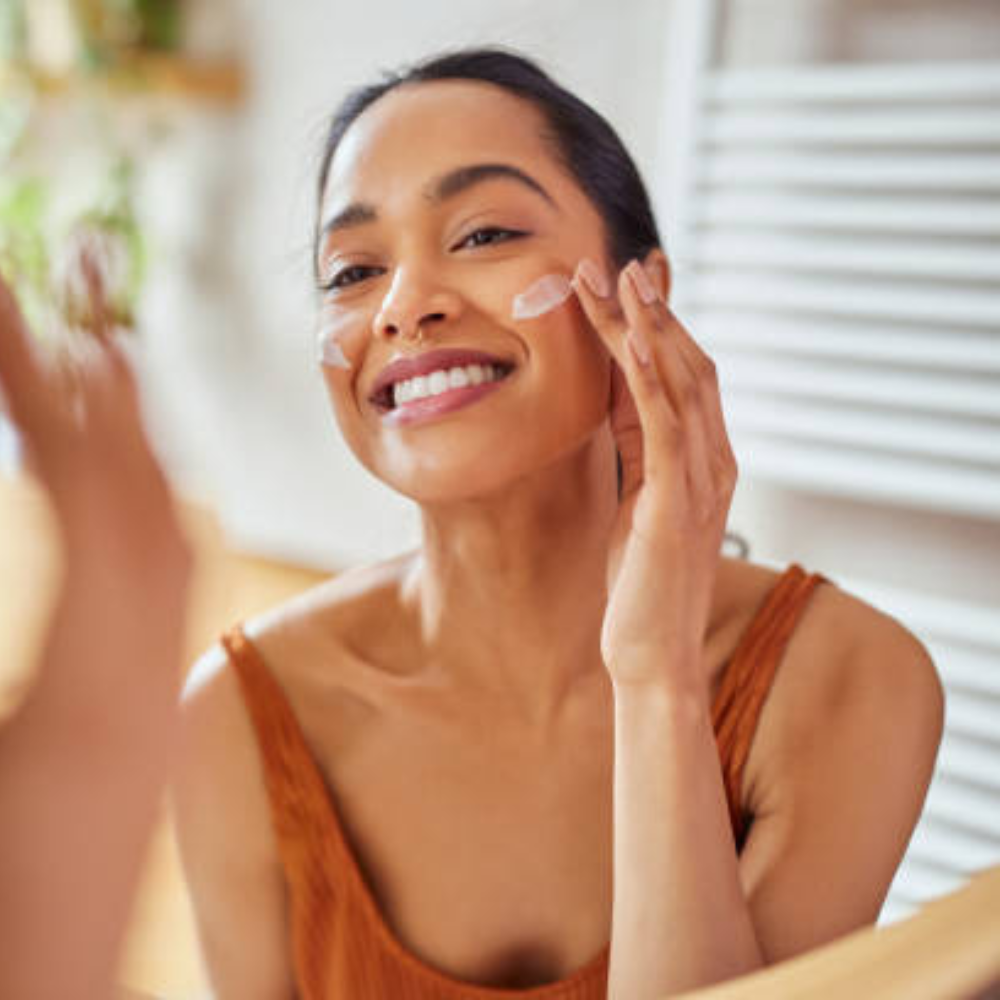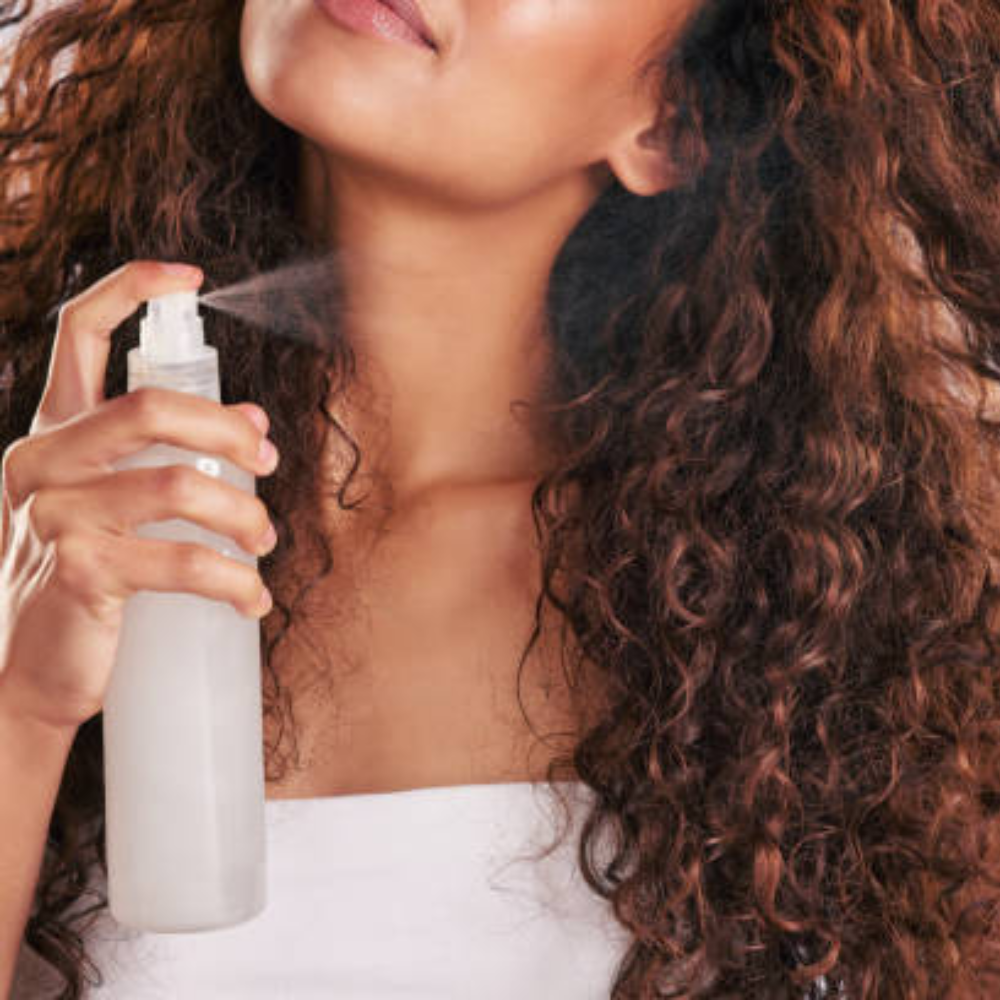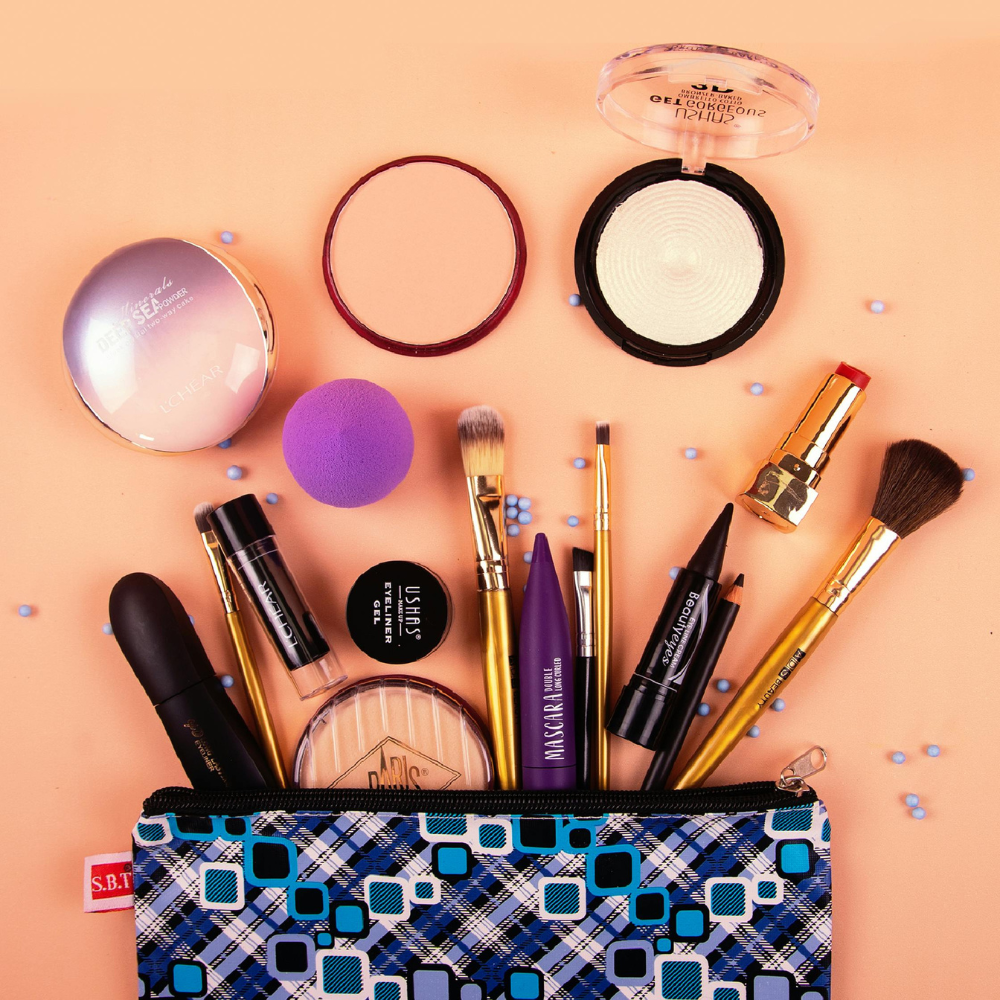
The Best Ingredients to Watch for in Skin Care Products

For skin care, finding your way through the vast shelves of creams, serums, toners, and masks can feel like a daunting task. With so many products out there claiming to give you radiant, youthful, and flawless skin, how do you know which ones are actually worthy of your time and money? The key is to know what ingredients they contain. Not all skin care ingredients are the same—some give fantastic benefits, others little more than irritation or clog your skin.
Here in this blog, we'll be analyzing the top skin care ingredients you should be searching for, specific to various skin types and issues. Whatever your skin concerns may be — aging, acne, dullness, or just a healthy glow — this guide will assist you in smarter shopping and better decision-making.
Why Ingredients Matter More Than Brand Names
To get underway on specific ingredients, first recall that the effectiveness of a product relies mostly on what's contained within it, not price tag or box. Luxury brands often utilize marketing buzzwords without supporting them with effective formulas.
On the flip side, affordable products can contain scientifically proven ingredients that truly transform your skin.
Reading labels teaches you how to identify the jewels that work for your skin and steer clear of possible dangers such as high levels of fragrances, parabens, or alcohols.
1. Hydration Heroes: Ingredients for Moisture and Barrier Support
Healthy skin starts with proper hydration. Dry, flaky, or tight skin typically signals an impaired moisture barrier. These hydrating ingredients assist in keeping your skin hydrated and supple:
-
Hyaluronic Acid: The ultimate hydrator, hyaluronic acid can hold up to 1000 times its weight in water. It pulls moisture into your skin and holds it there, delivering intense hydration without any greasiness. Ideal for all skin types, particularly dry and mature skin.
-
Glycerin: Humectant similar to hyaluronic acid, glycerin attracts water into the skin and supports softness. Gentle and easily incorporated in cleansers, toners, and moisturizers.
-
Ceramides: Lipid molecules that are part of the skin's natural barrier. Ceramide-containing products repair and make the skin's barrier layer stronger, less dry, and less sensitive.
2. Anti-Aging Allies: Ingredients That Fight Wrinkles and Fine Lines
If you’re aiming to smooth wrinkles, improve elasticity, and boost collagen production, these ingredients are proven winners:
-
Retinoids (Retinol, Retinaldehyde, Tretinoin): Vitamin A derivatives that accelerate cell turnover, stimulate collagen, and fade discoloration. Retinoids are the gold standard for anti-aging but can be irritating initially—start slow and use sunscreen daily.
-
Vitamin C (L-Ascorbic Acid): A powerful antioxidant that brightens skin, evens tone, and protects against environmental damage like UV rays and pollution. Look for stable forms of Vitamin C in serums.
-
Peptides: Short chains of amino acids that signal the skin to produce more collagen and elastin, improving firmness and texture.
-
Niacinamide: Also known as Vitamin B3, niacinamide reduces inflammation, improves skin elasticity, and diminishes the appearance of fine lines. It’s gentle and suitable for all skin types.
3. Acne-Removing Ingredients: Brighter Complexion, Less Breakouts
For individuals who experience breakouts, plugged pores, and oily skin, there are some ingredients that prevent skin from becoming clogged and unbalanced:
-
Salicylic Acid: A beta-hydroxy acid (BHA) exfoliates in deep pores, breaking up dead skin cells and excess oil.It decreases blackheads and whiteheads, which makes it perfect for acne and oily skin.
-
Benzoyl Peroxide: Kills bacteria that cause acne and slows down inflammation. Good for severe to moderate acne but can dry the skin, so use cautiously.
-
Alpha Hydroxy Acids (AHAs) – Glycolic, Lactic Acid: These water-soluble acids slough off the outer layer of skin, clearing away dead skin cells and allowing for an overall smoother, more radiant complexion. AHAs also reduce post-acne spots.
4. Brightening Ingredients: Bye Bye Dullness and Dark Spots
If your skin appears tired, uneven, and dull, these ingredients will brighten your glow and even your complexion:
-
Vitamin C (Again): Anti-aging, yes, but Vitamin C is also perfect for brightening hyperpigmentation and sun spots.
-
Licorice Root Extract: Glabridin in this extract inhibits melanin production, lightening dark spots and redness.
-
Azelaic Acid: Lightens pigmentation, calms inflammation, and cures acne simultaneously.
-
Kojic Acid: Skin-whitening agent naturally occurring in fungi that inhibits melanin growth.
5. Soothing and Calming Ingredients: For Sensitive and Irritated Skin
If your skin is irritated, red, or sensitive, look for products that are rich with soothing, calming ingredients:
-
Aloe Vera: An ancient favorite anti-inflammatory that moisturizes and calms redness.
-
Centella Asiatica (Gotu Kola): Stimulation of healing, decrease in inflammation, and stimulation of collagen synthesis.
-
Chamomile: Anti-oxidants and anti-inflammatory chemicals calm and soothe irritated skin.
-
Colloidal Oatmeal: Relieves itching and firms up the skin barrier.
6. Sunscreens: The Non-Negotiable Ingredient
Regardless of what your skin type or concern is, there is one thing you never venture out without, and that is a broad-spectrum sunscreen. UV radiation pigments, ages, and is cancer-causing.
-
Zinc Oxide and Titanium Dioxide: Physical sunblocks that deflect UV light. Good for sensitive skin.
-
Chemical Filters (Avobenzone, Octocrylene, etc.): Dissolve the UV light into heat by absorbing it. Employ well-refined products that mix filters to provide broad-spectrum protection.
Bonus Shopping Tips for Ingredient-Savvy Consumers
-
Avoid Overloading: Applying too many active ingredients simultaneously may be irritating to skin. Bring in one product at a time and patch test.
-
Check Concentrations: There are certain ingredients that only function well in specific percentages. For example, Vitamin C serums perform optimally around 10-20%, whereas niacinamide performs optimally in the range of 2-5%.
-
Understand Your Skin Type: Moisturizing oils such as squalane suit oily skin, but thick occlusives such as shea butter can clog pores for acne-prone skin.
-
Avoid Toxic Additives: Alcohols, fragrances, and parabens irritate sensitive skin or lead to allergies.
Final Thoughts
Educating yourself on essential skin care ingredients is step one to developing a routine that actually works for your skin. From hydrating all-stars like hyaluronic acid and ceramides to anti-aging powerhouse retinoids and brighteners Vitamin C, the right ingredients will have you looking and feeling best.
The next time you're at the store buying skin care, stop and read the ingredient list carefully. Know what your skin needs and look for the ingredients proven to deliver it. With a little knowledge and planning, you'll find products that enhance you and care for your skin for years to come.




